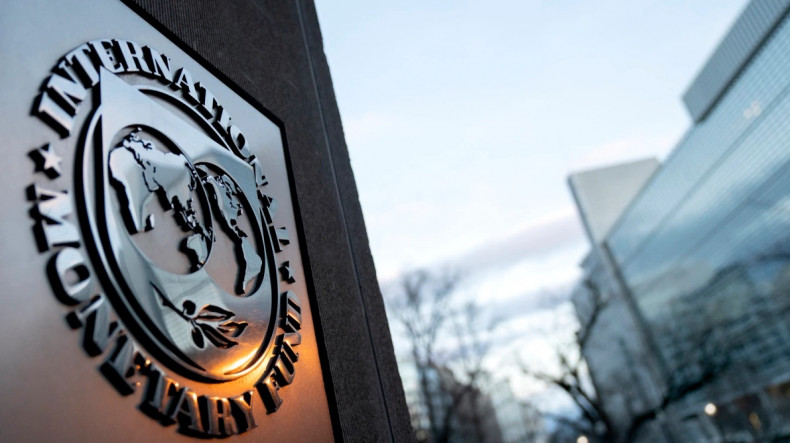
IMF Executive Board approves new stand-by arrangement for Armenia
The Executive Board of the International Monetary Fund (IMF) on Monday approved a 36-month Stand-By Arrangement (SBA) for Armenia amounting to SDR 128.80 million (about US$171.1 million or about 100 percent of Armenia’s quota in the IMF).
Upon the Board's approval, an amount equivalent to SDR 18.40 million (about US$24.4 million) becomes immediately available to Armenia, and the remaining amount will be made available, subject to six semi-annual reviews, the IMF said in a press release.
The Armenian authorities have indicated that they will treat the arrangement as precautionary. The new SBA will serve as insurance in case shocks generate balance of payments needs and will support the authorities’ reform efforts.
Following the Executive Board discussion, Mr. Bo Li, Deputy Managing Director and Acting Chairman, issued the following statement:
“The Armenian economy has maintained a strong growth momentum, supported by robust consumption and a surge in inflows of income, capital, and labor. While growth is projected to be robust, inflation and the current account deficit have also increased, and the outlook is subject to significant uncertainty due to spillovers from Russia’s war in Ukraine, global financial tightening, and a slowdown in major trading partners. Against this background, the authorities’ program—supported by a Stand-by Arrangement, which the authorities intend to treat as precautionary—seeks to maintain economic and financial stability and advance structural reforms to promote sustainable and inclusive growth.
The authorities’ fiscal policy framework is expected to keep debt on a declining path in line with Armenia’s fiscal rules. In 2023, the fiscal stance will continue to provide targeted support to the economy while further strengthening fiscal resilience. Over the medium term, fiscal space for priority social and capital spending will be supported by revenue-enhancing tax policy measures and efforts to strengthen the revenue administration, as well as to improve government spending efficiency, the public investment management process, and fiscal risk management.
The CBA’s monetary policy is appropriate and proactively aiming to stem inflationary pressures. Efforts to foster capital market development will help enhance monetary policy effectiveness. The CBA’s commitment to exchange rate flexibility and maintaining healthy reserve buffers will continue to serve the economy well in the event of external shocks.
The financial system is in good health. Continued monitoring of financial sector risks and enhancing of macroprudential tools will help mitigate risks associated with the rapid rises in housing prices and mortgage lending. Strengthening the supervisory and resolution frameworks will further buttress financial system resilience.
Implementation of a strong package of structural reforms guided by the 2021–26 Government Program will help foster export-led, investment-driven, and knowledge-based growth. Reforms will promote access to finance, labor force participation, and trade diversification.”
Newsfeed
Videos






























